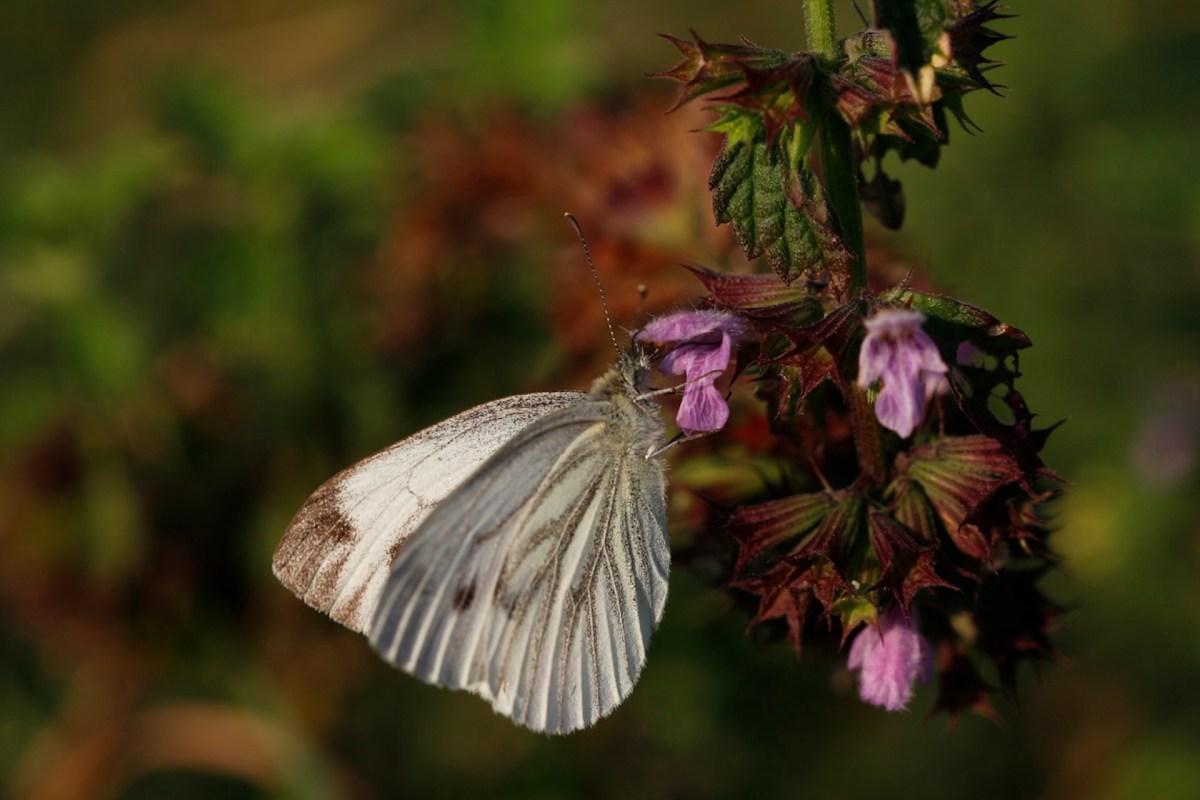Take a deep breath of fresh air. The sweet smells of nature calm your mind. Now imagine not being able to enjoy those scents — or having pollution mask life-sustaining floral perfumes that you depend on to eat.
This is the distressing reality facing many pollinating animals today.
What's happening?
A study published in the journal Science reveals air pollution is eroding floral scents essential to pollinators like moths, confusing their ability to locate wildflower nectar.
Scientists found nitrogen oxide compounds prevalent in industrial pollution can degrade key chemicals in the bouquet given off by certain blooms. With altered or obscured floral smell cues, moth visitation in tests plummeted by as much as 70%.
Why is eroding floral scents concerning?
Like canaries in coal mines, moth "nose blindness" signals potential ecosystem trouble.
Flowers and their pollinators rely on each other in a delicate balance. Disruptions risk fruit and vegetable crops requiring cross-pollination — much of our food supply, including sweet juicy berries, nutrient-packed broccoli, protein-rich beans, and beyond.
Air pollution multiplies threats already endangering vulnerable pollinators from rising global temperatures to habitat loss.
"The flowers only bloom once per night," said Jeff Riffell, a University of Washington biologist who co-wrote the study. "Without their pollinators, there can be a huge change in the plant community."
Robbie Girling, a chemical ecologist at the University of Southern Queensland in Australia, who was not involved with the research, said: "It's really exciting and also a bit scary to see the results."
What's being done to stop eroding floral scents?
While more research on additional pollinator species is recommended, positive scientific solutions are sprouting.
Atmospheric chemists and sensory biologists teaming up can now precisely pinpoint pollution interacting with ecological processes, empowering better strategies for improving air quality.
We can also help pollinators flourish through simple, everyday acts that nourish nature around us: Planting pollinator-friendly native flowers avoids reliance on commercial crops, making green travel choices cuts transportation pollution that clouds their sense of smell, and supporting local sustainable agriculture today brings a breath of fresh air to the farms supplying our tables tomorrow.
Our actions that reduce air pollution help not only delicate pollinators but our entire shared environment.
Join our free newsletter for weekly updates on the coolest innovations improving our lives and saving our planet.









